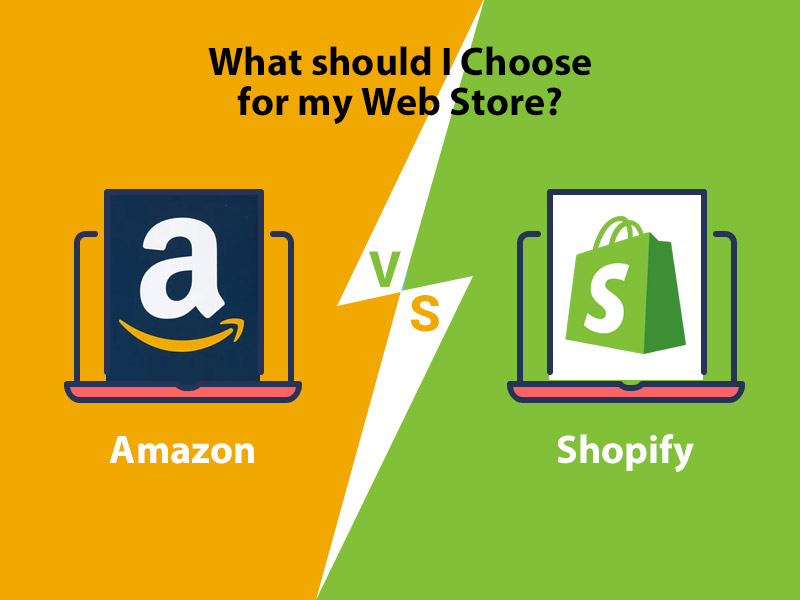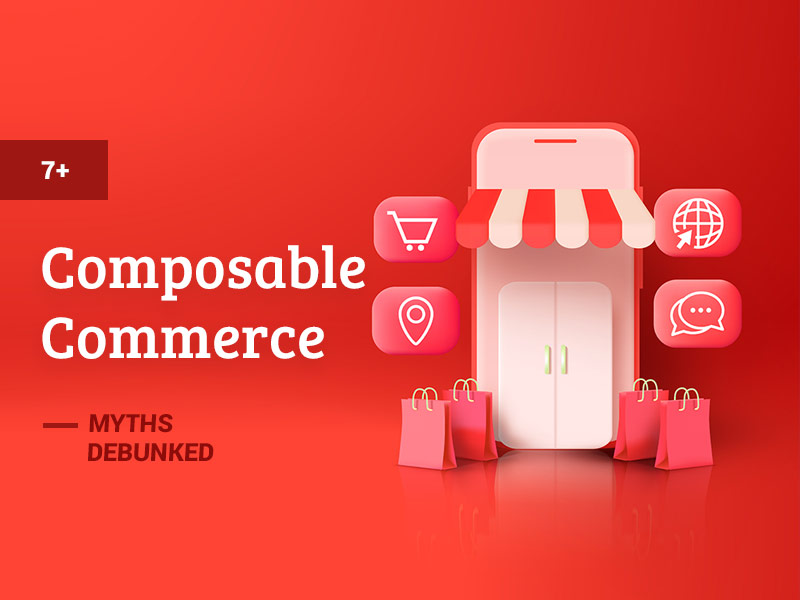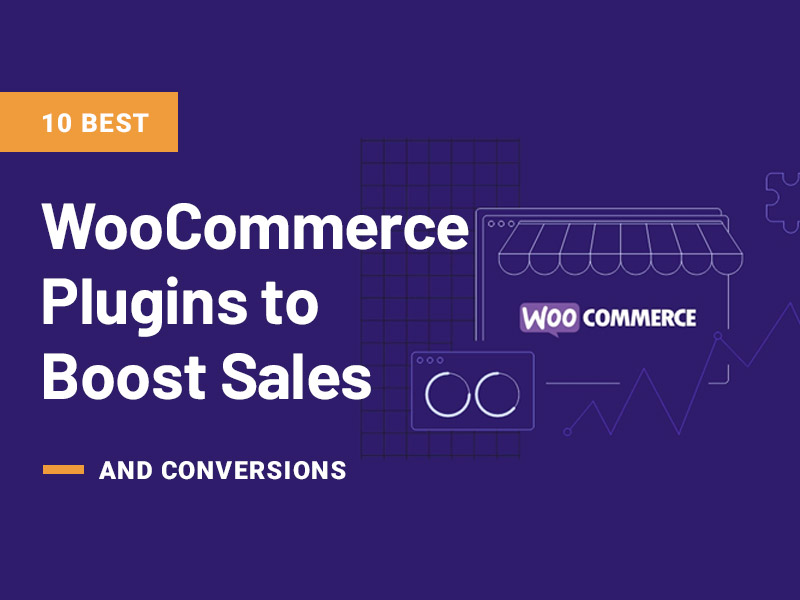The unbelievably fast evolution of the Web has made online buys a familiar part of lots of people’s everyday life. The Internet also allows every person to become an online entrepreneur smoothly mainly because it solves a wide array of issues that brick-and-mortar businesses normally deal with. There’s a number of various platforms for ecommerce, but in this article, we are planning to talk about the issue of Shopify vs Amazon: which is better.
Key Features of Each System
When putting Amazon and Shopify into comparison, you’ve got to consider certain niceties and features of each platform. Here is a comparison of the features and most crucial points of the platforms to make it possible for you to get knowledgeable about their key differences and decide which suits you best: Shopify or Amazon.
Shopify: Functions, drawbacks, and benefits
Shopify is really a web site builder centered on multi-channel trading through web stores, mobile applications and social networking sites. A lot of integrations greatly broaden the capabilities of the platform and make it possible to deeply tune the controls, and that is most evident when designing web stores. To implement retail product sales it has the Shopify POS app. For a small fee, you may sign up for a domain, buy any Shopify theme, or install additional paid applications.
Big companies, freelancers, trading and product businesses from smaller to medium-sized, and enterprises will find this platform particularly attractive. Special knowledge in working with Shopify is not required, so it is suitable even for those who don’t have expertise in web store creation. For advanced users, there is access to editing HTML and CSS.
To get acquainted with all the platform features, a test period of 14 days is provided, and after that you will need to change to a paid plan. The user interface consists of many sections, which uncover numerous opportunities for creating, configuring and managing a web store. So, here you may:
- Group your offers and invoices
- Add brand new product categories
- Create limited-time offers
- Create gift cards
- Change your style and design
- Determining your own delivery options
- Manage buys and the buyer database
What’s great about Shopify is how you can seamlessly integrate apps including the highly beneficial Amazon Shopify integration that could help you manage your enterprise better. Top of the list is Loox which will help you manage product reviews for them to appear timely and efficiently on your website. Best review apps for Shopify provide you with the tools for moderating and responding to reviews and by the same time improve your sales.
You can also have a plug in of Send Owl. If you sell hard copy books and would like a digital version of them, you can easily manage them through this excellent app. Another important app integration is FBT or frequently bought together. It will make suggestions to your customers as they do their shopping based on other customers’ behavior. Once integrated into your Shopify store, you can expect sales to increase as customers are prompted by what goes best with the products on their shopping cart.
Also read: Shopify Pros and Cons, Pricing, Payments and New Features
Amazon features
Amazon is among the first Web solutions aimed at selling non-digital products to the wholesale market, the world’s highest-grossing company selling a wide array of services and products via the Web.
There are 2 options regarding the seller of products. This can be:
- Amazon itself
- Internet vendors.
They can pay Amazon to display their products on the platform and manage their products through Amazon inventory management & tracking system. In circumstances like these, it’s Amazon itself that assumes the whole responsibility. The firm makes certain that the merchants are not fraudsters. It also receives money from buyers, makes certain that merchants deliver the products as they promised, and vouches to accept purchased services back for a refund if necessary. Thus, purchases here are viewed as mostly safe.
Amazon does not have irl stores and all sales transactions on it are made entirely through the Web. This allows Amazon to market products cheaply.
Even more benefits:
- A wide assortment of products no physical shop can beat. It’s risk-free to state that you may find whatever you wish on Amazon.
- Guaranteed protection from scams. Any products can be sent back to the vendor for a full refund.
- Making various buys from the identical vendor, you spend less on delivery, mainly because products are merged into one package. But for the sake of fairness, it should be noted that the reverse situation is also possible.
- Extremely cheap products. You will hardly find a web store with such affordable price tags. You may time and again purchase goods made by famous businesses priced lower than in their corporate outlets.
- The same product can be purchased from different merchants, at various price tags, both used and brand new.
If you want to learn more about the features of Shopify and Amazon, you may check out online videos about them on streaming platforms to decide which is the best for your business.
Amazon’s algorithm makes informed suggestions to customers who have previously visited and bought from your store. This is a great strategy because you can leave the task of reaching out to potential clients with the platform’s built-in suggestions. That’s why frequent updates on your listing are crucial, as well as using the right keywords in describing your products to reach more customers. Amazon also offers a wide range of powerful sales tools and analytics features to help sellers optimize their listings and maximize sales potential.
Also read: AWS vs DigitalOcean – How to Select One?
Amazon and Shopify comparison: which one to choose?
Exploring the topic “Amazon vs Shopify”, we uncover a number of significant features of the two platforms for web stores, and now you may draw a conclusion.
Regarding Shopify, it can be a very good choice for beginners in the niche of online shopping. The platform is quite easy to employ. It gives various premade design templates and doesn’t require any web development skills. To make your website more efficient, you may install a wide array of commercial and free addons. After analyzing the features of Shopify and Amazon, we could state that the first-mentioned requires bigger financial investments than the latter. Especially if you are going for custom Shopify development.
An e-commerce pioneer, Amazon is really a more mature and fully-featured system. Plus, it better manages various other essential platforms which might be associated with the search, payments and so on.
Both systems have their own weak and strong points. Thus, when selecting between the two options, consider what functions these platforms can implement and what your business needs are before everything else.
Conclusion
Amazon and Shopify are popular e-commerce platforms allowing businesses to sell their products online. Regarding which platform is better, it really depends on your specific goals and requirements as a seller. If you’re looking for a simple, user-friendly way to create your own online store, Shopify may be the better option with Shopify plus benefits. If you want to reach a wider audience and take advantage of the vast resources of Amazon’s platform, selling on Amazon may be a better choice. Ultimately, it may be worth considering both options and deciding which is best for your business model and goals.







